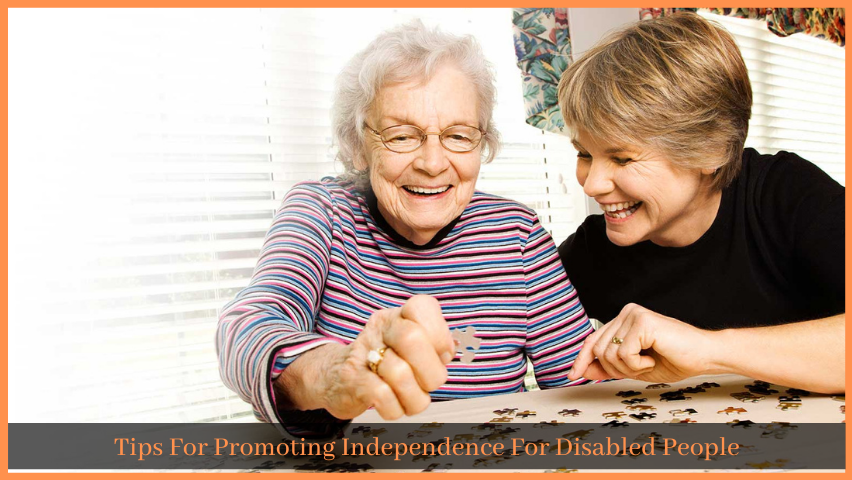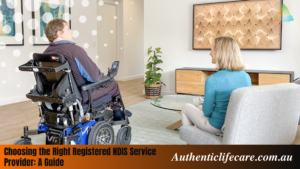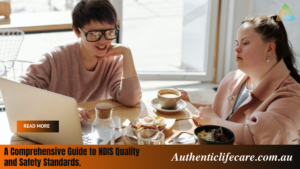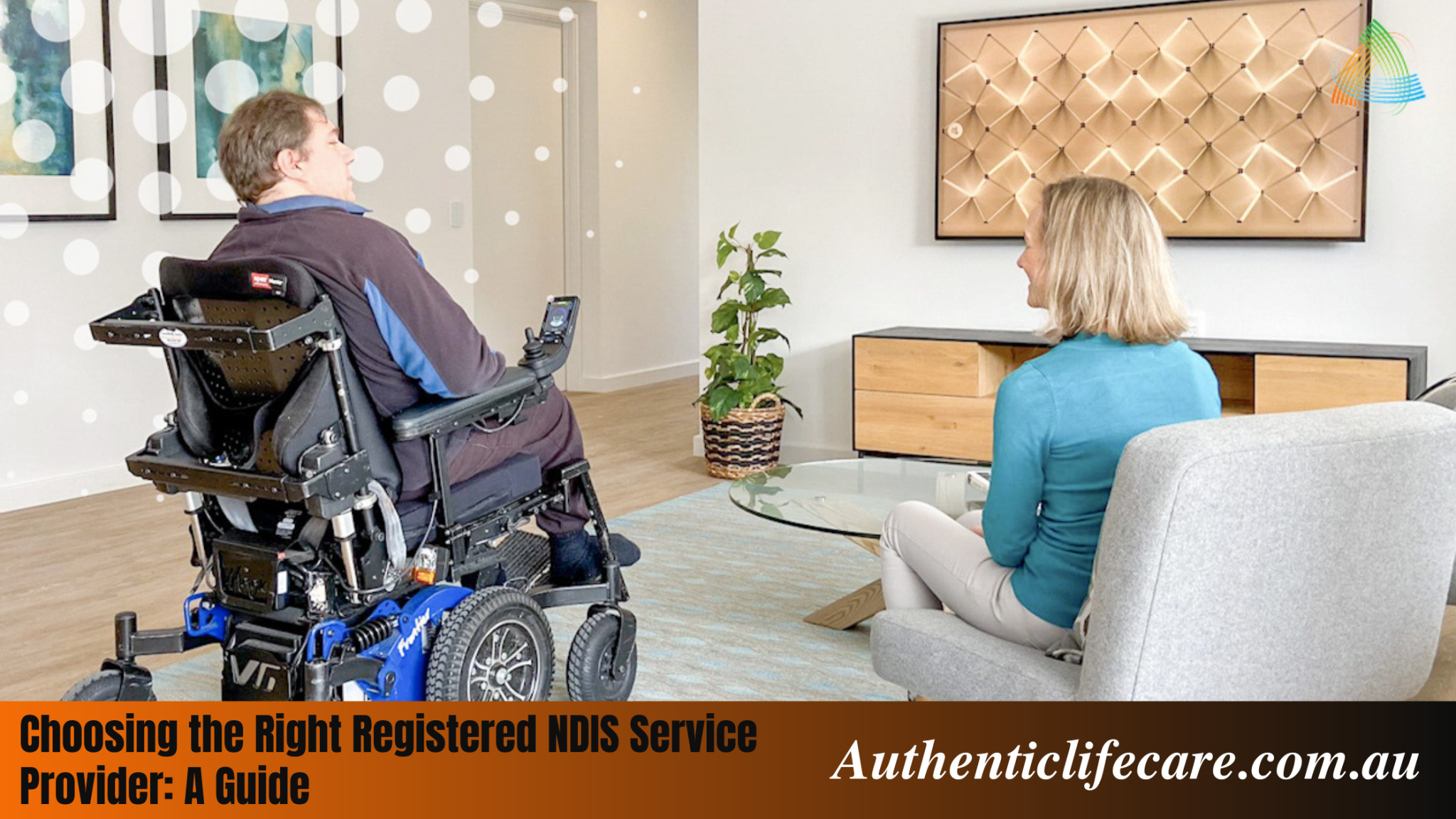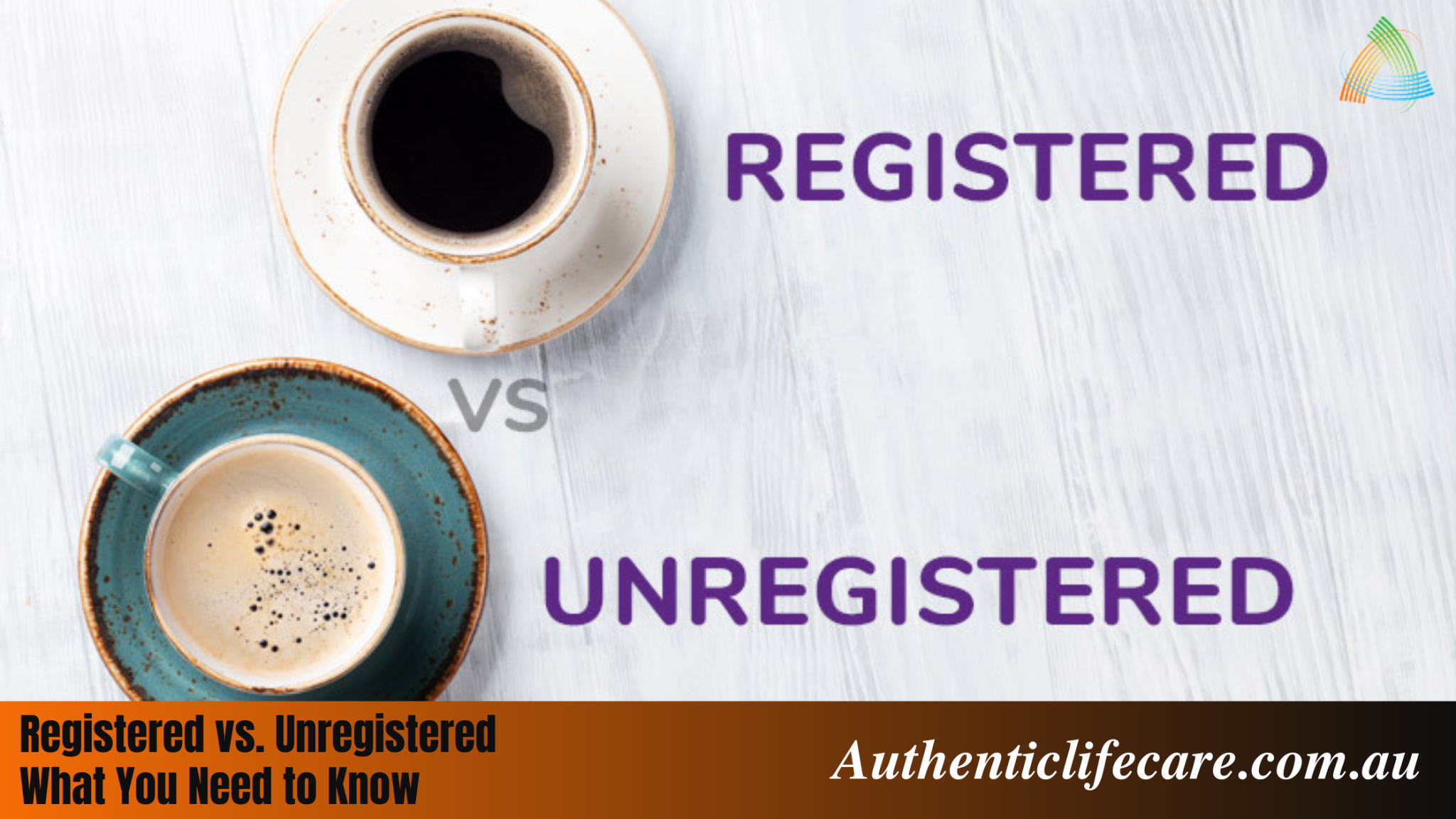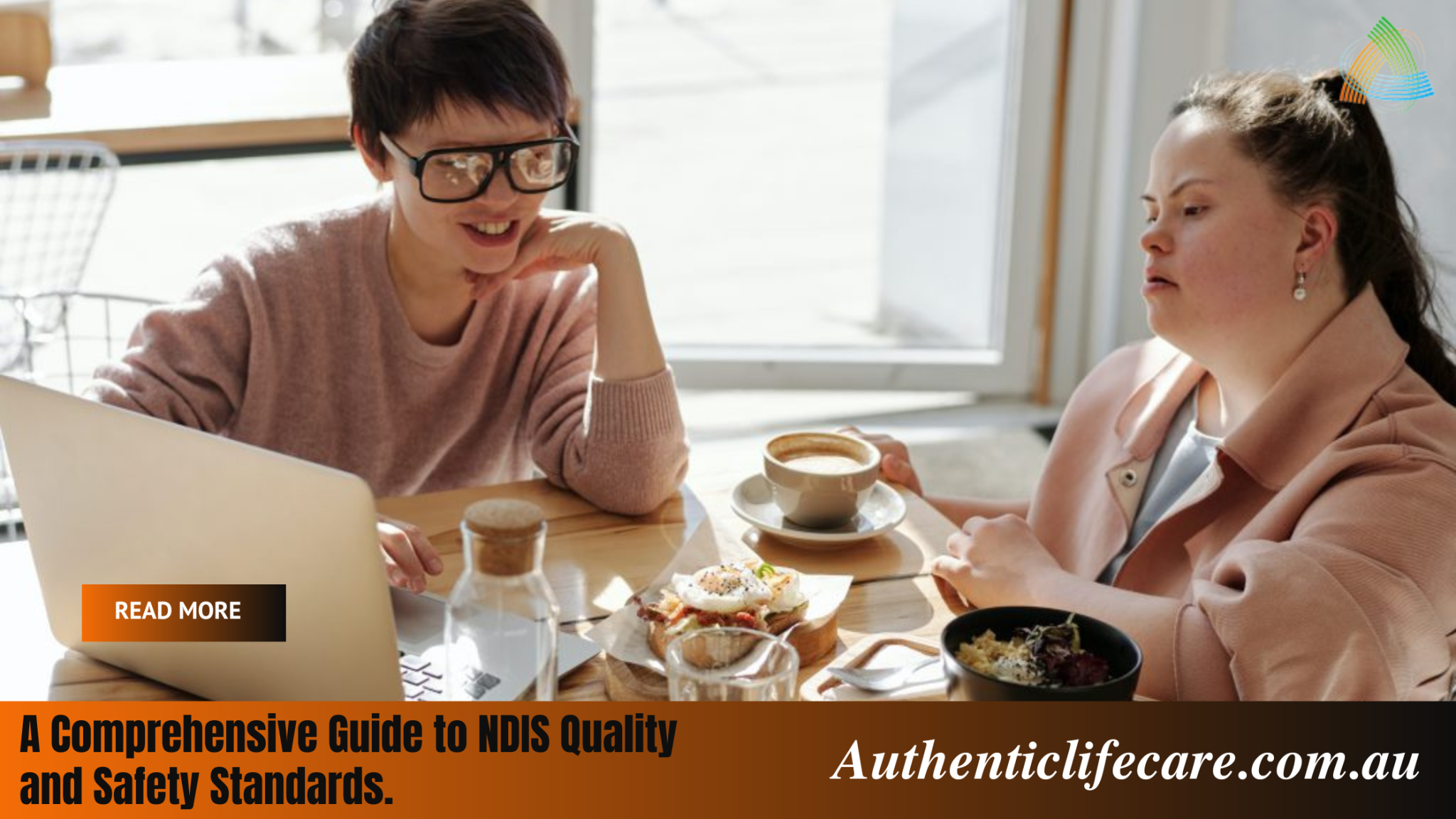Have you ever considered how to improve your loved one’s independence?
It can be all-consuming to care for a person with a disability, no doubt. It can cause significant damage, both truly and internally.
The time and resources to work for greater freedom may be difficult to find, but it’s worthwhile.
Caregivers also struggle with the process of letting go. The questions engaged with accomplishing a more free way of life for a relative with a scholarly handicap might be difficult to grasp. For anyone, the transition can be daunting and terrifying.
Nevertheless, carers should also take comfort in the understanding that your family member can develop a greater capacity to speak up for themselves and pursue the life they want with increased freedom.
With the very simple goal of helping their loved one settle into a home and a life of their own before the time comes when they are no longer able to provide basic everyday care, many carers begin the process of fostering independence.
You should work with your family member to develop their independent living skills with this purpose in mind, recognising that you put their long-term well-being first, rather than feeling a sense of shame for wanting things to be different.
In these critical moments in life, we are committed to educating and supporting carers and individuals with a disability. So for those who are willing for a family member with an intellectual disability to take action to encourage freedom. But before we begin, what does it all mean to encourage independence?
In the past, instead of promoting greater independence, certain disability support programmes have established dependencies.
The National Disability Insurance Scheme (NDIS) is intended to place people with disabilities at the forefront of their support schemes and reward and capacity-building initiatives.
1. Seek to encourage, not to regulate, what people do
As parents and carers, we all do our best, even under demanding conditions.
But often, to protect and nurture them, we want to monitor the situation because we think for someone’s well-being. Releasing the situation’s control will feel like the outcome is out of our hands.
However, the better you approach the scenario, the fewer burdens others will take on, and the more dependent they will become on you as their caregiver.
Instead of having to handle every interaction and decision, start exploring ways that you can progressively turn to a way of providing help instead.
The transition from “control” to “support” may often be as easy as some slight tweaks to the language you are using. Tell him or her what they would like to do instead of asking someone what to do.
2. Establishing a trusted network of help
A big part of fostering freedom is to get others more interested in your loved one’s care and assistance. Family caregivers are also intensely committed to their caring role, and it can be hard to take a deliberate step back and include other family members, colleagues or even paid support team.
You can struggle with a sense of loss when you do this, that you are no longer taking on all the caring roles. You must not allow yourself to succumb to these emotions! Remember that you ensure that your family member has the comfort and stability of having additional caregivers in their lives by building a wider support network, which would be crucial if you are no longer able to provide treatment.
3. Searching for meaning, rather than judging the behaviour of someone
Know that we are all separate, and through a different lens, we all see the world. Our condition, our upbringing, our lifestyle and a long list of other contributing factors are influencing the lens.
This implies that your understanding of a circumstance or action may vary greatly from your loved one’s. Therefore, if you ever find yourself slipping towards judgement, take a deep breath and try to look at it from a different viewpoint. Take a moment to look through their eyes at the world, and try to understand why they do whatever it is they do.
4. Leading with positivity
The emotions are infectious. Feelings like terror, anxiety and negativity, even though you don’t put them into writing, can be sensed by those around you. In the wrong hands, they can grow like wildfire.
The path towards autonomy can be a long and complicated one, so celebrate the small wins. At any opportunity, be optimistic and exude energy. Others will feed off your energy and, as a result, create trust.
5. Learning and adapting from each other
Being open to learning and improving yourself is nice. This isn’t just a one-way lane.
The easier progress toward freedom would be, the better you, your loved one, and your support network will work together to adapt and appreciate each other.
Openly chat about the things you struggle with, ask for help, look for meaning…
Do whatever you can to establish a trustworthy level of engagement that brings the source of issues to the surface more easily, so that they can be solved.
6. Respect multiple identities and understand them
Society can be rude. We are also eager to mark individuals as a collective and ignore their rights, hobbies and lifestyle decisions.
In adults with a disability, this sort of “labelling” may be an obstacle to fostering freedom. Our community and sometimes even caregivers can forget about the person behind the disability, sometimes with the best of intentions.

